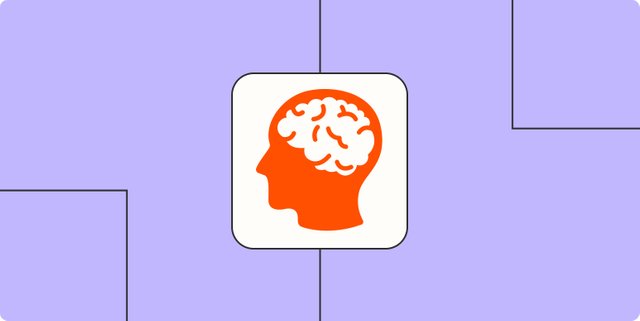Mindful Productivity: How to Get Things Done While Staying Present and Focused
A big part of achieving success is finding ways to get things done. When I'm working on something important, I usually find myself in a state of hyper-focus. But then the clock strikes 5:00 and I start thinking about all the other stuff I need to get done.

I've made some pretty bad choices when it comes to procrastination, and I want to share my strategies for breaking through that wall.
My first piece of advice for productivity is to learn how to manage your distractions. What do I mean by this? Most people think of distraction as being the main source of procrastination. That may be true for some, but for me, the main source of procrastination was often finding myself in a state of too much focus.
I'd start thinking about a task, and instead of getting going, I'd begin thinking about all the other things I had to do. This was usually followed by another wave of thoughts about everything else I needed to get done. This cycle would continue until I had a full list of tasks to get done.
That's a terrible way to spend an afternoon.
As you'll learn from this article, distraction is just a symptom of procrastination. Procrastination is the root cause of many other issues that come from not knowing how to stay focused and in control of your day.
Mindfulness is the solution for this problem.
I use mindfulness to stay focused on the present moment. I don't allow myself to be pulled in by the future or past. I've learned how to focus in the moment, and as a result, I accomplish a lot more.
STEP 1: Learn How to Manage Distraction
There are lots of distractions we face every day. A busy inbox or overflowing voicemails, Facebook notifications, and email messages are all common.
It can be tempting to allow these things to distract you. Instead, I've found that you need to understand your own procrastination, and that the root cause is distraction. It's easy to blame a problem on something else, but if you can figure out where you're getting distracted and why, you'll be able to fix the problem.
Once you know what types of distractions are causing you problems, you can start to control them. For example, you may want to set your smartphone notifications to go off once per hour. This might seem harsh, but if you only get notifications every hour, you'll know that your phone is distracting you.
You can also start to monitor your own mood. Are you feeling anxious, stressed, or depressed? If so, you probably need to focus on relaxing and taking care of yourself.
STEP 2: Start Small and Build Momentum
Before I started using mindfulness techniques, I struggled with focusing and staying productive. I was never able to accomplish anything in a consistent manner.
As I started to learn how to manage my time more effectively, I slowly started to change my habits. It was a little bit of an uphill climb